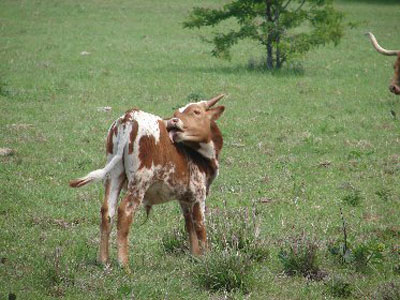All Nonfiction
- Bullying
- Books
- Academic
- Author Interviews
- Celebrity interviews
- College Articles
- College Essays
- Educator of the Year
- Heroes
- Interviews
- Memoir
- Personal Experience
- Sports
- Travel & Culture
All Opinions
- Bullying
- Current Events / Politics
- Discrimination
- Drugs / Alcohol / Smoking
- Entertainment / Celebrities
- Environment
- Love / Relationships
- Movies / Music / TV
- Pop Culture / Trends
- School / College
- Social Issues / Civics
- Spirituality / Religion
- Sports / Hobbies
All Hot Topics
- Bullying
- Community Service
- Environment
- Health
- Letters to the Editor
- Pride & Prejudice
- What Matters
- Back
Summer Guide
- Program Links
- Program Reviews
- Back
College Guide
- College Links
- College Reviews
- College Essays
- College Articles
- Back
Sacred Meat MAG
I was standing in front of my house, at the top of a driveway, beside a huge tree, on a sunny autumn day waiting for my friend to pick me up for a church meeting. The blare of city traffic, honking horns and masses of people marching to work was deafening even on a Saturday. Suddenly I spotted a huge, slow-moving creature. It sluggishly dragged itself up the driveway toward the gate of a small park in front of my house. The gate was designed to keep animals out and seemed much too small for such a huge and empty-headed creature. I snorted with doubt as I waited for it to become stuck. However, it slowly and with utmost care turned and folded its body at a 45-degree angle and continued forward as if it had done this a million times. Inside the park, the animal started munching on a bush. Amazed to see this seemingly impossible task, I exclaimed, “Ha! There goes another smart cow!”
Imagine seeing livestock wandering the streets of a capital city, munching and producing waste everywhere they went. Overwhelming? That’s how I felt when I first arrived in India. This may sound like ridiculous fiction, but in Delhi, living with cows is part of everyday life. In Korea and the Unites States, where I lived as a child, cows are just animals: walking hamburgers, future steaks, dumb beasts of burden, creatures totally distinct from human beings, without thoughts or a soul. However, if I had grown up Indian, I might not have been surprised by this clever cow that triumphed over the gate.
In India, the cow is a symbol of wealth and abundance, a provider of milk and butter, a symbol of nature, and the mother of civilization. Cows play a major part in Hinduism, Jainism, and Islam. One of the favorite Hindu gods is Lord Krishna, who was a cowherd as a child. Hindus believe that Krishna still protects cows, so no one dares to disturb or harm them. And Lord Shiva’s vehicle, the animal he rides through the heavens, is a bull. Also, those religions teach nonviolence and vegetarianism. Hindus and Jains believe in reincarnation, which means they think that the souls of humans once lived in animals’ bodies. They believe that by not killing or eating any animals, you will earn the freedom to ascend into nirvana (heaven) and be a true Hindu.
Coming from a Korean background, in which eating meat is an accepted part of our culture, I’ve never thought of animals as more than dinner. However, I was very surprised and impressed to see some of the world’s oldest religions have such affection and respect for other living creatures. And I’ve learned to respect other cultures, just as I’ve learned to respect the cows munching on a bush in front of my house.

Similar Articles
JOIN THE DISCUSSION
This article has 0 comments.
